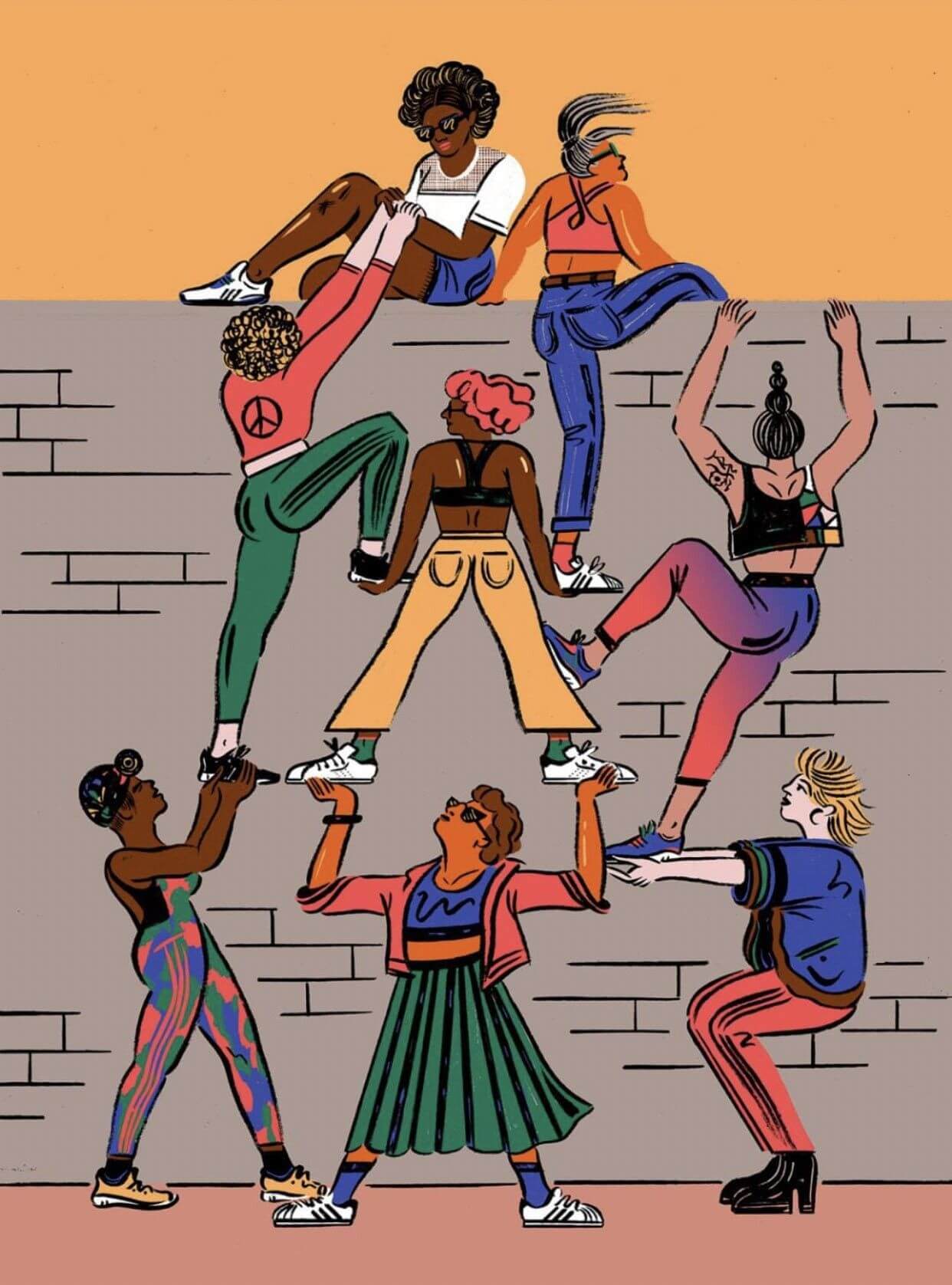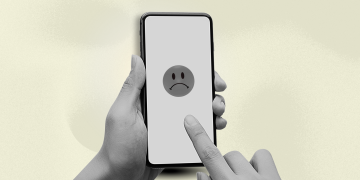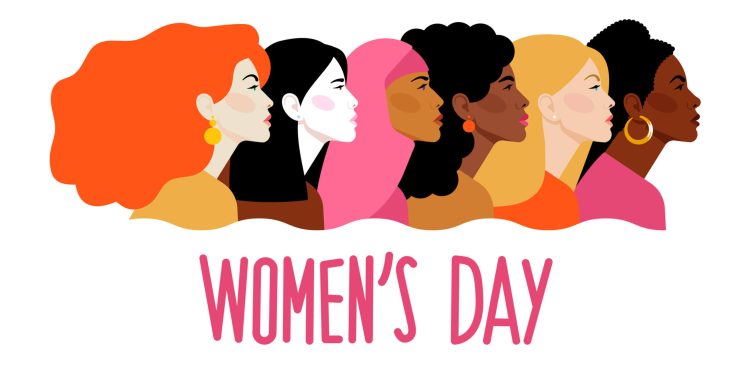International Women’s Day is celebrated annually on the 8th of March to honor the contributions of women to society and raise awareness about gender inequality. The story of International Women’s Day began in 1908 when 15,000 women marched through New York City demanding better pay, shorter working hours, and the right to vote. The strike was a significant event in the labor movement’s history and helped establish the International Ladies’ Garment Workers’ Union as a powerful force for workers’ rights.
A year later, the Socialist Party of America declared the first National Women’s Day on February 28th, 1909. The following year, the idea of an International Women’s Day was proposed by Clara Zetkin, a German socialist, at the International Conference of Working Women in Copenhagen. The first International Women’s Day was celebrated in 1911 in Austria, Denmark, Germany, and Switzerland, with rallies and demonstrations for women’s rights and suffrage. The day was later recognized by the United Nations in 1975 and has since become a global phenomenon.
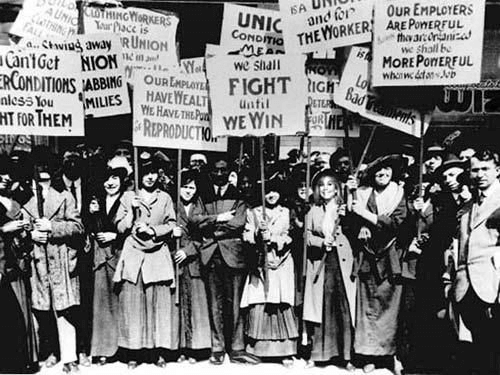
International Women’s Day is more than just a celebration of the progress made by women in the fight for equality; it is also a reminder of the work that still needs to be done to ensure that women everywhere have access to the same opportunities and rights as men. Women’s empowerment is essential for building a better, more just, and equitable world for all. It means promoting equal pay for equal work, providing access to education and training, and creating safe and supportive environments where women can thrive.
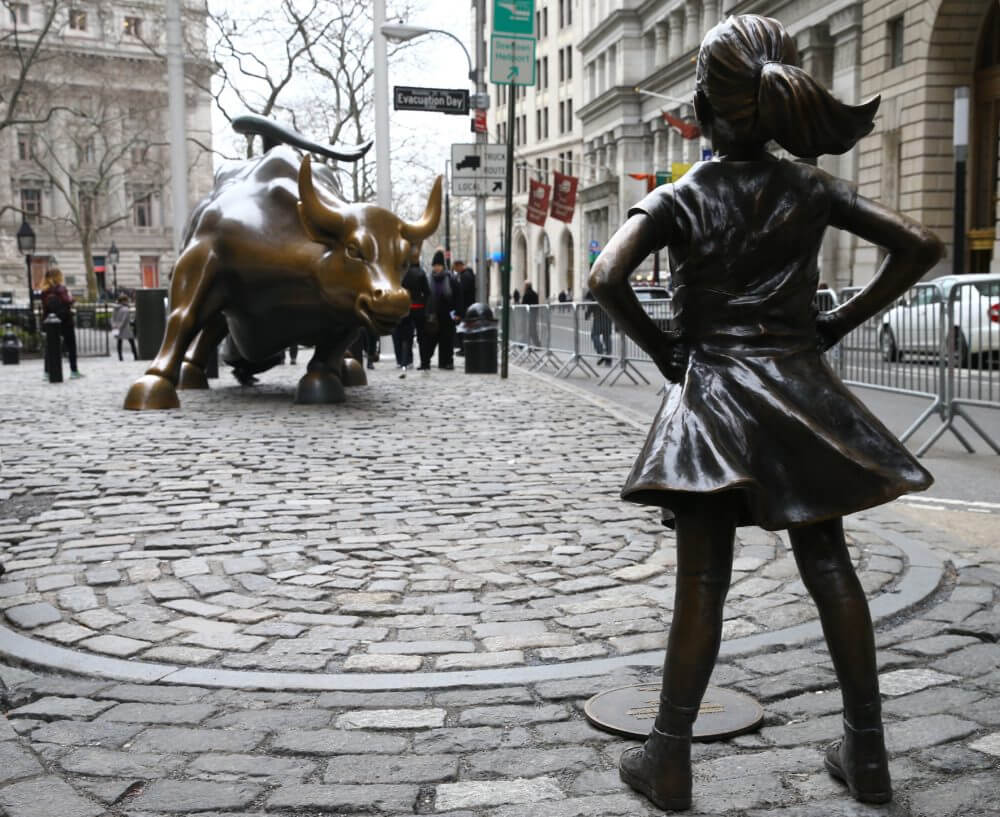
Today, as in the past, women continue to work to be heard and to defend their rights. Let me introduce you to two powerful women empowerment symbols: The Fearless Girl sculpture and Jameela Jamil. The Fearless Girl statue stands defiantly facing the Charging Bull on Wall Street, symbolizing the strength and resilience of women in male-dominated industries. Installed on the eve of International Women’s Day in 2017, it has become an icon of hope for women worldwide, inspiring countless individuals to fight for their rights and claim their place in positions of power.
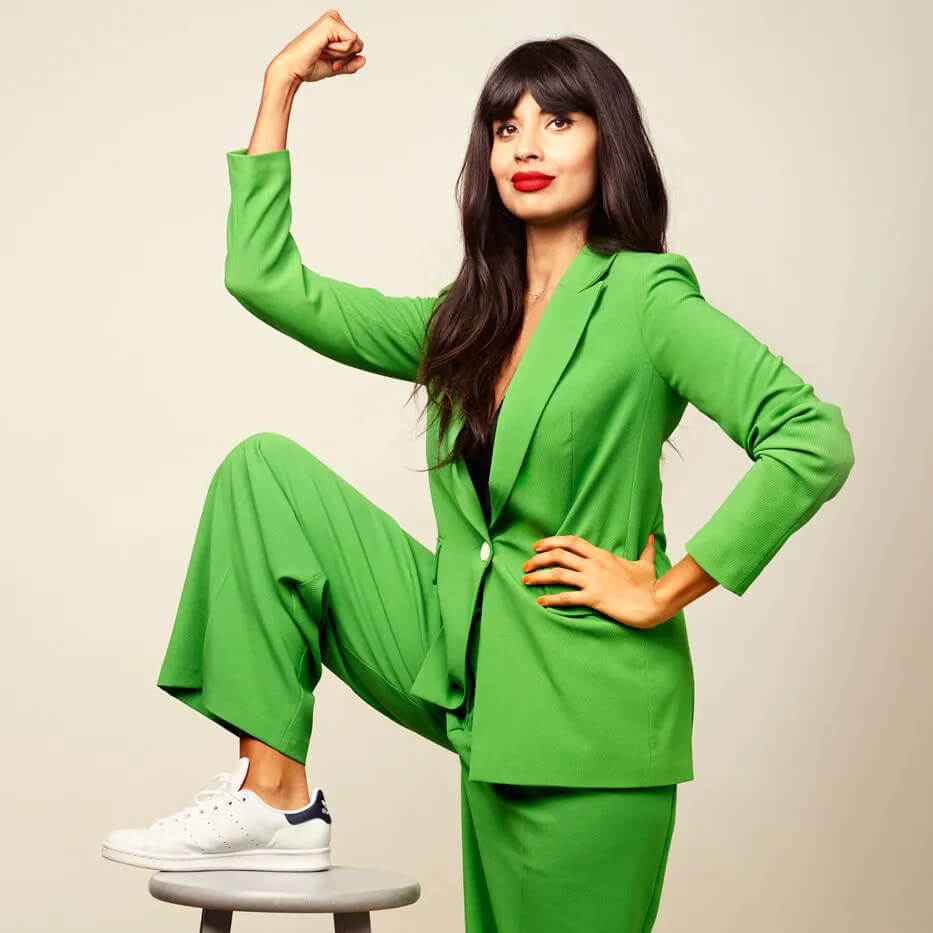
Similarly, Jameela Jamil is a vocal advocate for women’s rights and has used her platform as an influencer to empower women globally. Her relentless efforts to promote body positivity, challenge harmful beauty standards, and fight for gender equality have made her a leading voice in the fight for women’s rights. Together, these two symbols of empowerment remind us that women are a force to be reckoned with and that their voices should be heard and valued in all aspects of society.
As we celebrate International Women’s Day, remember the brave women who came before us and our progress together. But let us also remember that much work still needs to be done. Let us continue to fight for equal rights and opportunities for women everywhere and work together to create a world where all women can live free from discrimination, violence, and oppression.
